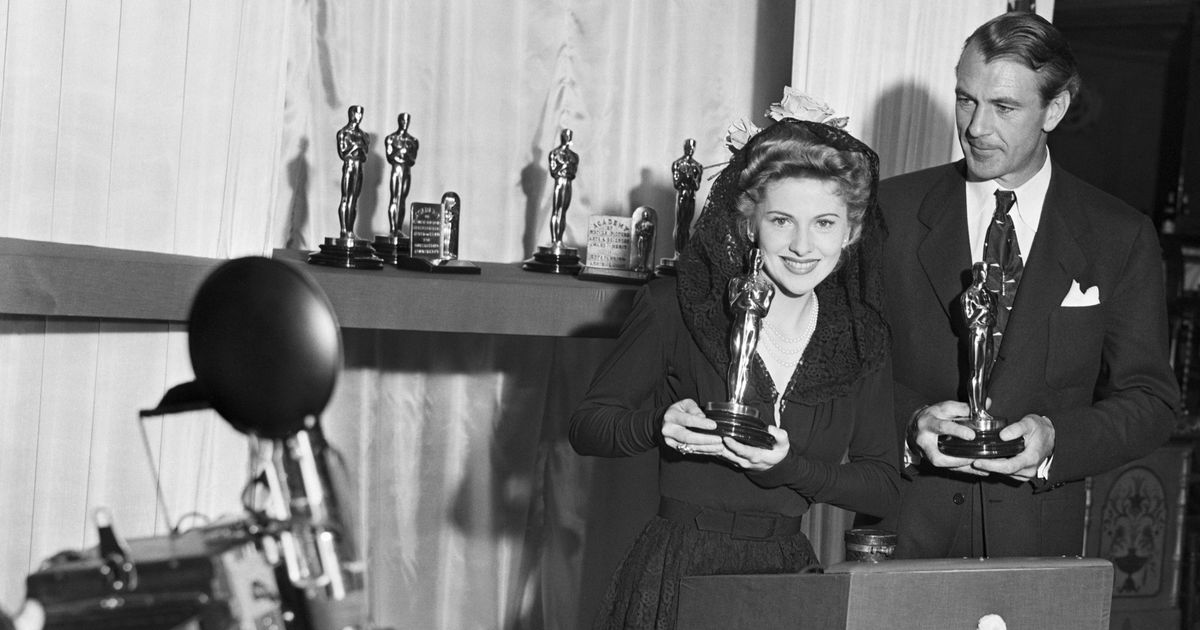Hollywood's greatest night never neglects to bring chuckling and tears, yet these minutes kept crowds humming long after the prizes were distributed
At the Oscars, anything can occur!
Other than the energy of seeing most loved films win large, one more motivation to check out the Institute Grants is to not miss the show's most discussed minutes.
Nobody might have expected the 2017 Best Picture bumble now called Envelopegate, the night a 10-year-old entertainer turned into the most youthful Oscar champ or when a well known humorist's terrible joke prompted a scandalous slap heard all over the planet.
Here are a portion of our #1 recollections from past Oscars services that we won't ever feel sick of discussing.
1940: Hattie McDaniel Leaves a mark on the world

It required over 10 years for the main Individual of color to win an Institute Grant. The honor went to Hattie McDaniel for Best Supporting Entertainer for her job as Mammy in Gone with the Breeze (1939). Be that as it may, the success wasn't all advancement: In 1940, with isolation still unblemished, McDaniel was made to sit at the rear of the scene, away from the remainder of the film's cast.
1943: Greer Garson Conveys Record-Breaking Discourse
Greer Garson set a record that presently can't seem to be broken with her extremely, long acknowledgment discourse in the wake of winning Best Entertainer for her exhibition in Mrs. Miniver (1942). The extended discourse ran for seven minutes, and many highlight it as the impetus for the cutting edge presentation of as far as possible.
1968: Alfred Hitchcock Gives a Short Acknowledgment Discourse
The Expert of Tension was selected for five Oscars throughout his long profession, however Alfred Hitchcock always lost until 1968 — and, surprisingly, then, it was a touch of detail. Rather than winning one of the Institute's conventional classifications, he was given the Irving G. Thalberg Remembrance Grant, which is something that could only be described as epic accomplishment grant for movie producers. Maybe not happy with his privileged title, Hitchcock gave one of the briefest acknowledgment talks in Oscars' set of experiences: a basic "much obliged."
1969: Barbra Streisand and Katharine Hepburn Tie for Best Entertainer
There have been six ties in Oscars' set of experiences, and the one that got the most buzz came in 1969, when Barbra Streisand and Katharine Hepburn both won Best Entertainer: Streisand for Amusing Young lady (1968) and Hepburn for The Lion in Winter (1968). It was the last option entertainer's second success in succession (and third in general) in the wake of bringing back home the award for Think about Who's Coming to Supper (1967) the prior year. Of the two victors, Streisand was the only one present, in any case, and opened her discourse with the now-famous line, "Hi, flawless."
1972: Charlie Chaplin Gets Privileged Oscar (and Longest Wildly energetic Applause)

The heft of famous quiet film star Charlie Chaplin's profession happened before the Oscars started, yet his effect on the business was exceptional. That's what to perceive, the Foundation gave him a privileged honor in 1972, which provoked a 12-minute thunderous applause.
"Words appear to be so worthless — so weak," Chaplin said in his discourse. "I can say thank you for the distinction of welcoming me here."
His public appearance at the function was likewise huge in light of the fact that it was one of his most memorable in the US in twenty years. His reemergence license to the U.S. was denied in 1972 because of debate encompassing his supposed socialist ties.
1973: Sacheen Littlefeather Steps in for Marlon Brando
At the point when Marlon Brando won for what is currently viewed as perhaps of his most popular job, as Wear Vito Corleone in The Adoptive parent (1972), the entertainer wasn't there to get the Best Entertainer prize. All things being equal, he sent Sacheen Littlefeather, an Apache Local American dissident and the leader of the Public Local American Agreed Picture Council, to talk for his sake and reject the honor.
"He remorsefully can't acknowledge this exceptionally liberal honor," she said of Brando. "Furthermore, the explanations behind this being are the treatment of Native Americans today by the entertainment world."
Sacheen kicked the bucket in October 2022 at 75 years old, weeks after the Foundation of Movie Expressions and Sciences released a conciliatory sentiment for how she was treated at the 1973 show.
1974: A Streaker Runs in front of an audience
The contention recently continued coming the next year when a bare man stumbled into the stage not long before Elizabeth Taylor introduced the honor for Best Picture. Robert Opel did the later than expected have David Niven, who could snicker and say: "Isn't it entrancing to believe that most likely the main chuckle that man will at any point get in his life is by peeling off and showing his deficiencies?"












